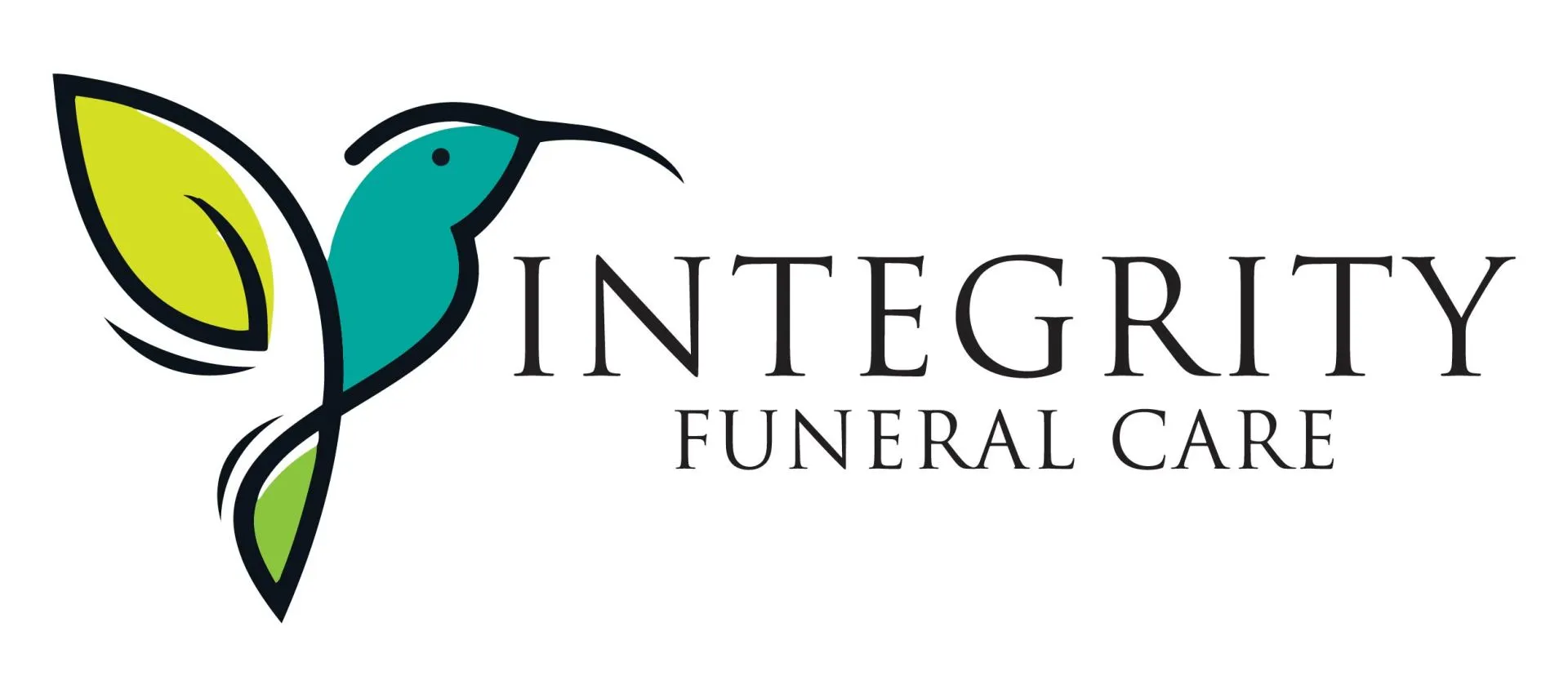The things being a funeral director has taught me
The things being a funeral director has taught me
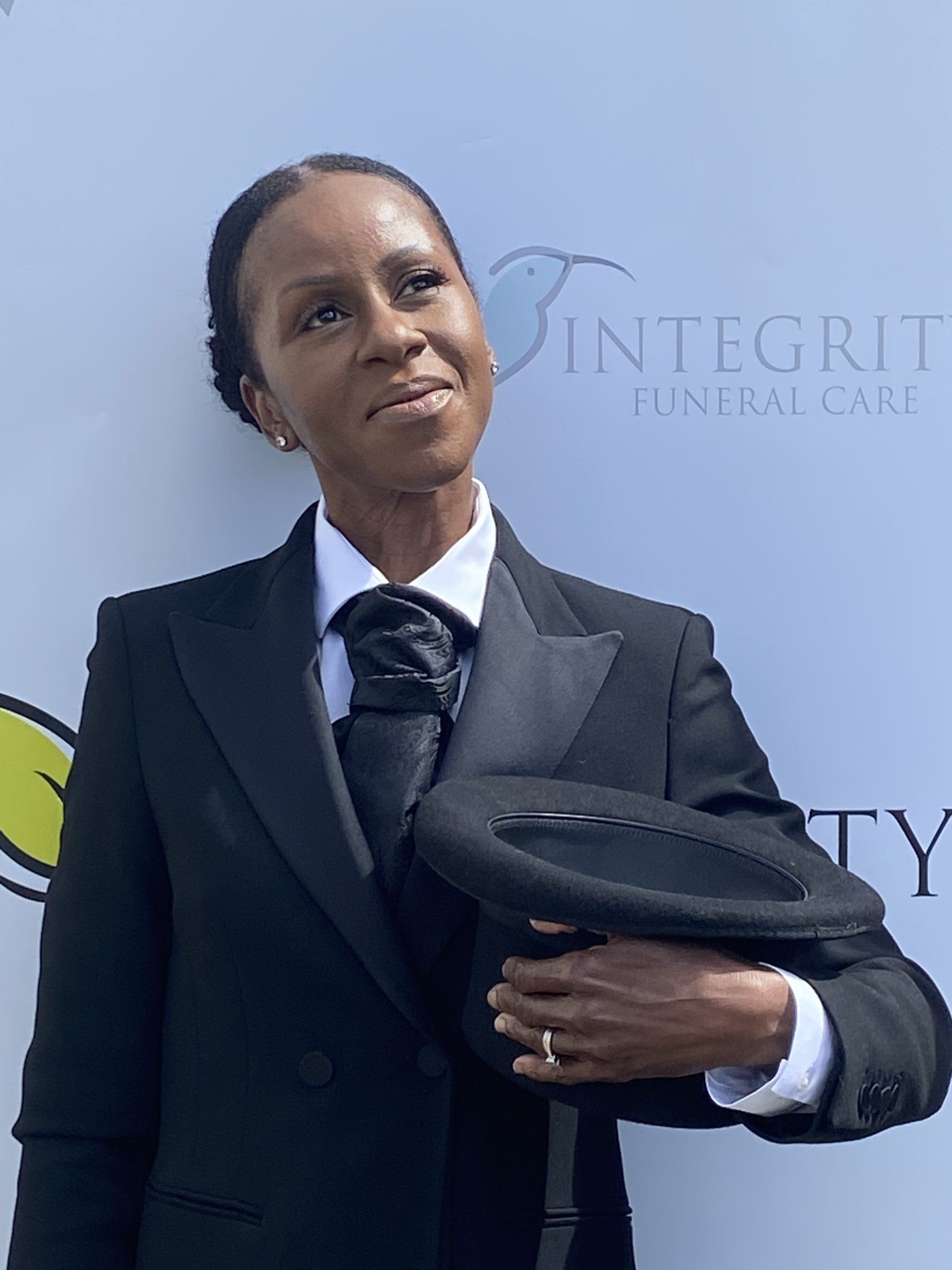
Most of us would probably say we’re not defined by the job we do, but by who we are as people. As a funeral director over the past few years I’ve come to realise that the two, for me, are indistinguishable. I’m a mum and a wife and a sister and a daughter, but the way I view these things is undoubtedly affected by the work I do.
I call it a job, but to be honest, it doesn’t feel like any other job I’ve ever done. Everyone wants to do their best at work, but in this business, it’s not just an aspiration, it’s imperative. For each of our clients there is only one chance to get everything right. If we don’t manage to make sure one of the most difficult days of their lives goes as well as possible then we’ve failed them. Even the idea of letting a family down sends a shudder down my spine. We have to get it right every time. It sounds pompous to describe it as a vocation rather than a job, but that’s how it feels to me.
Working as a funeral director has certainly made me think more deeply about death. There are few people outside the emergency services who are confronted by death every day, and it changes you. Before my husband Paul and I founded Integrity Funeral Care I was like everyone else. I didn’t like to think about death and anyway, life was too busy to take the time for such reflections. Then, death was a kind of abstract idea, but dealing with it as a reality every day gives you pause. I’ve seen grief, so much grief, and it’s given me greatly increased respect for people, for how they behave with dignity when all they want to do is collapse in a heap. Getting them through that grief is why we’re here. I’ve seen how the death of a loved one can bring people’s own thoughts into a sharper perspective. A while ago, we had a client who got in touch and asked if I could recommend a counsellor. I thought she meant a bereavement counsellor to help her get over her loss, but it wasn’t that. The grief had made her realise that she had not dealt with some family issues from her childhood, but merely buried them away instead and they had now come flooding back. She felt in need of a therapist to talk to so she didn’t have those memories hanging over her forever.
Organising funerals has taught me a lot about family dynamics too. People react in so many different ways. On the one hand, families who have experienced some degree of distance or estrangement can be wonderfully brought together in their shared loss, and I’ve certainly experienced this myself with the deaths of my own parents. On the other hand, getting everyone together in such an emotionally charged atmosphere as a funeral can have the opposite effect. Tension previously swept under the carpet, often for the benefit of the deceased, can suddenly come pouring out when everyone is at their most vulnerable. Once silent unspoken wars burst into life and hurtful things are said. Sometimes there’s infighting over the funeral arrangements themselves, and Paul and I have to be peacemakers, explaining that in the end, the next of kin, the very closest to the person who’s passed away, has to have the final say. I always find myself hoping against hope that those people will see that we only have one family and that to be at loggerheads with them is such a waste. Our time is short and so many people go to their end with regrets. It’s so very sad. Funerals are sad, but at their best they’re also celebrations of a loved person, and we try always to help people remember that.
Some funerals are harder than others. When someone has lived to a good age and their family is united in grief but also in pride and love, they can be wonderful, memorable occasions. The ones where someone has died before their time, accidents, suicides and the deaths of children are particularly hard to bear. However, they’re also the times when we know we have to be totally focused on those left behind, and making sure they feel that their departed relative has been given the send-off they deserve. That’s why Paul and I are so detail-driven. Everything has to be as near perfect as possible.
In terms of thinking about my own mortality and that of my family, I’m glad that I have a strong faith which tells me good works will be rewarded when we pass. I don't want to die, but I’m not afraid of it. It does drive me to want to make sure I leave nothing unsaid to those I love. It’s so important not to put off telling people how much you care about them. You never know how long you’ll have the chance. It also helps to put the little things into perspective. We all sometimes allow the daftest things to upset or annoy us. Every day I get to see how pointless that is.
All of the above being said, I cannot possibly relate just how much I love doing what I do. To have the honour and the pleasure of being able to look after people and to serve them, in their hour of need, is just such a privilege. To come away from a funeral thinking, “We did a good job there and the family feels like they’ve said a proper goodbye,” is such an uplifting experience.
At the worst of times, people deserve of our best, and we’ll keep on with our work so long as we feel we can give it to them.
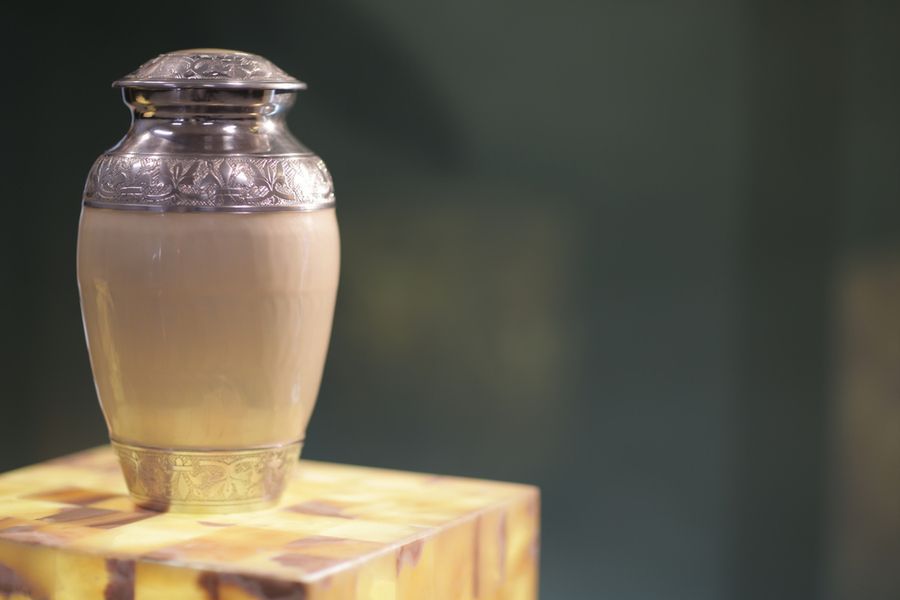
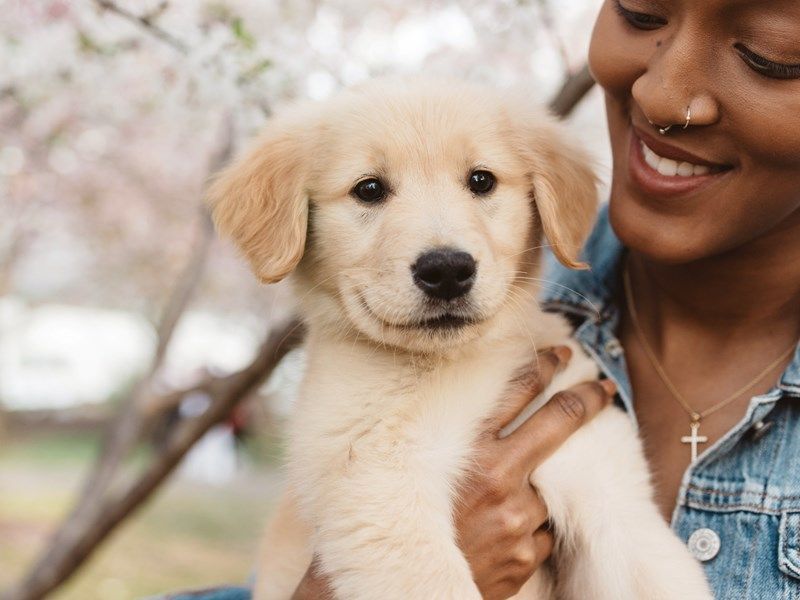
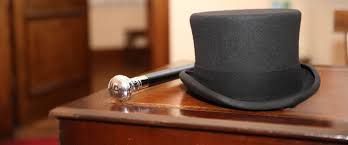


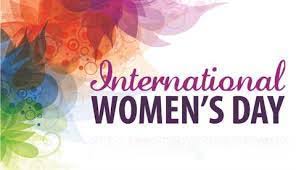
Head Office:
Integrity Funeral Care Limited
71 – 75 Shelton Street
Covent Garden
London
WC2H 9JQ
Branches in:
Hackney, London
Bromley, London
Hayes, Middlesex
